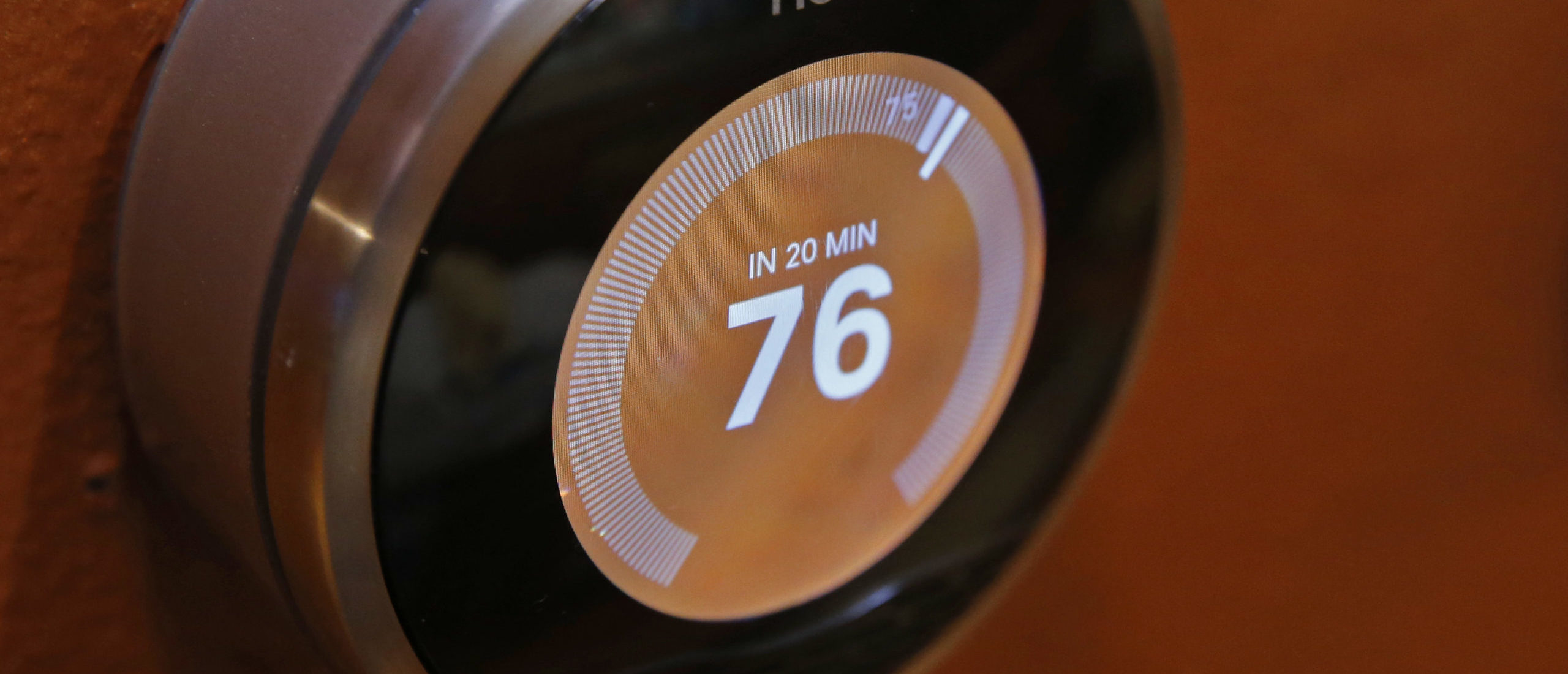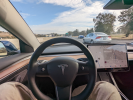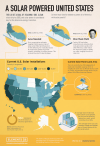ABMD
Bullets don't fly without Supply
As someone in this industry, this is called Demand Response and it isn't dedicated to the residential customer, this program is available (where available) to all customers (of a utility or a retail energy provider). After a smart meter is installed, the customer has a choice to enter the DR program, which allows the utility or supplier to cycle their AC unit, in some cases up to 100% OFF. By allowing the utility this control, the customer gets a small discount on their bill. Customers still have a choice, and no one is doing this without the customers consent.In other news, more evidence that people’s personal energy choices are no longer “suggested best practice” but rather compulsory and dictated for you by others:

Colorado Utility Took Control Of Thousands Of People’s Home Thermostats
Xcel Energy prevented thousands of customers in Colorado from changing the temperature in their homes for hours on Tuesday due to andailycaller.com
Last edited:







